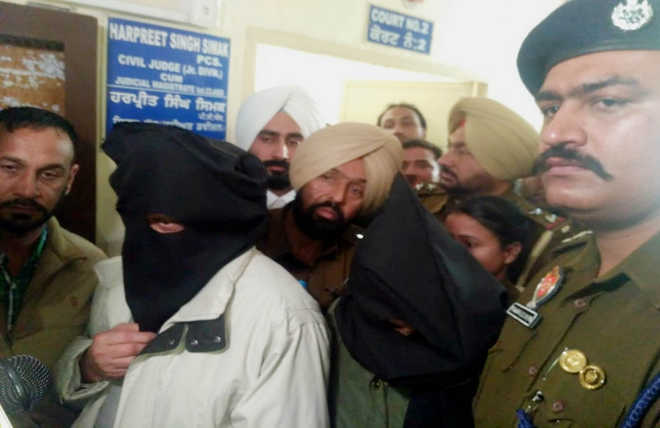
THE extradition of Canadian nationals Malkiat Kaur and her brother Surjit Singh Badesha in a 19-year-old murder case is a major boost to India’s diplomatic efforts to make proclaimed offenders and fugitive criminals face trial in this country. Both are accused of plotting the ‘honour killing’ of Malkiat’s daughter Jassi (Jaswinder Kaur Sidhu), who had married a small-time kabaddi player, Sukhwinder Singh alias Mithu, against their wishes. The Supreme Court of Canada had ordered their extradition in 2017, but the decision was stayed after the accused sought a judicial review. The last-minute twist had forced a Punjab Police team to return empty-handed from the Maple Country a year and a half ago.
India and Canada had signed an extradition treaty back in 1987, two years after the Kanishka bombing that claimed 329 lives. The need for taking concrete steps to combat terrorism figured prominently in the agreement. However, only Malkiat, Surjit and four other Punjabis have been brought back so far, according to data compiled by the Ministry of External Affairs. The number is rather low, considering the general perception that Canada is a safe haven for Punjab-origin drug lords, other criminals and hardliners.
Hours after the brother-sister duo landed in India, the Punjab and Haryana High Court sternly asked the Directorate of Revenue Intelligence why the treaty had not been invoked to extradite three persons in a drug case. Ranjit Singh, Hardeep Sandhu and Gurwinder Singh, who were declared proclaimed offenders in 2010, are residing in Canada. The court asserted that those committing drug offences in India before fleeing to foreign countries and the ones abetting crimes under the NDPS Act in the country while living abroad had to be extradited. Making the provisions of the treaty more stringent and watertight could help to nail the accused, who try to escape the long arm of the law on one pretext or the other. Indian law-enforcing agencies should also play a proactive role in various cases rather than confining themselves to the high-profile ones.


























